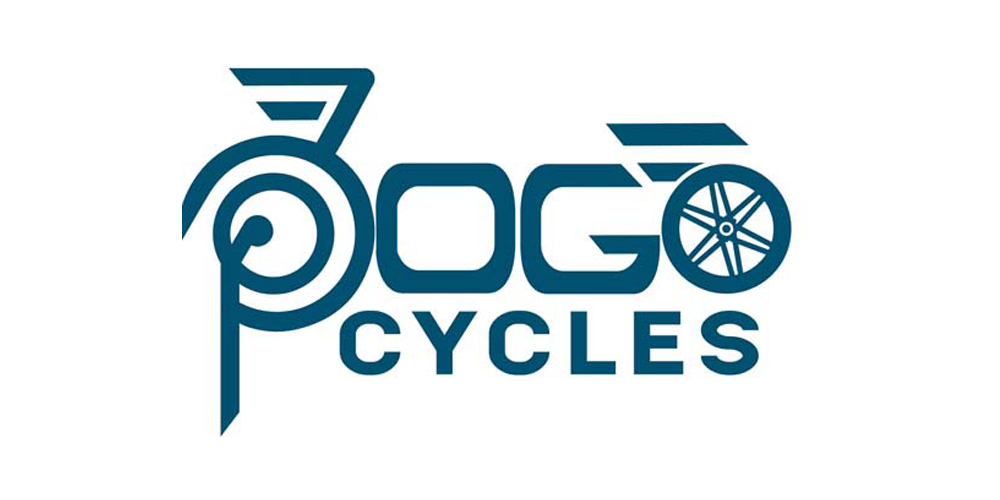E-Bikes: Best Transportation Solution For All
The proliferation of solutions that make environmentally responsible travel much simpler has helped the movement for green commuting expand significantly over the past several years.
Many people were hesitant to give up driving to work, the grocery store, school, or malls until only a few years ago. It is understandable why sustainable transportation wasn't more popular given that four-wheeled cars made daily commuting considerably more comfortable and that older, more eco-friendly options were inconvenient to use.
Electric bikes are continually getting better and better. It's nearly impossible to travel an entire day in many contemporary cities without encountering one. It's difficult to ignore the recent explosion of bike-sharing systems, whether they are privately held or publicly accessible.
Is the future of personal transportation for the masses electric bikes, or are they merely a trend? It's a significant query, and we believe we know the solution. E Bikes and electric scooters may have the greatest potential of any kind of vehicle to offer a sustainable answer to individual transport. Here, we go through all the reasons why electric bikes are the way of the future for personal transportation.
-
Cars vs. electric bikes
Compared to the majority of current market automobiles, e-bikes produce 23 times less carbon annually (including hybrid models). With the aim of enabling more environmentally friendly commutes while traveling farther at a relatively fast speed, these sustainable solutions are unquestionably effective.
E-bikes are a practical alternative to driving cars, despite the perception that they are just a tokenized way to demonstrate one's environmental conscience due to their lower size. With each new set of releases, speeds and ranges on a single charge considerably increase.
-
At the moment
The demand for e bikes has skyrocketed on a global scale. A shift in attitudes about riding more broadly is one explanation for this. Around the world, cycle lanes and routes are being constructed, and in the nation, they are being set up and utilized at an ever-increasing rate. Cycling has grown since 2000 and by 200% since these routes opened, making it the fastest-growing means of transportation in the city. Similar tales can be found in all of the nation's main cities.
-
Needs for city transportation
Is this how people will travel in large cities in the future? The main driver of the aforementioned trend is the fact that electric bikes provide a crucial and immediate demand for city people. Urban regions around the world face a serious problem with air pollution, and busy roads crammed with cars are a significant factor.
A sustainable, emission-free mode of personal transportation is required in order to lessen our reliance on driving. A quick, inexpensive, and emission-free means of personal transportation is the ebike.
-
Health
It's difficult to argue against the benefits of riding for our health, whether or not it's electronic assistance (and far better than sitting in a car). Due to their inclusivity, ebikes have an edge over regular bikes and have a great deal of potential to become a popular form of transportation. Electric bikes aid users, making every journey easier than it otherwise would be.
Traditional cycling is for individuals who are fit and able to ride. Even the most fit bikers frequently hate cycling uphill, but electric bikes eliminate this issue by removing the effort on the rider.
Ebikes lower the entrance barriers, making cycling more accessible to people who would ordinarily be unable to ride a bike (particularly in urban settings). According to several studies, those who regularly cycle may benefit from having conditions like Parkinson's and Alzheimer's.
Ebikes provide older individuals with a practical means to exercise and lessen the effects of these crippling illnesses. Modes of transportation that entail some type of activity will prevail over more sedentary modes as our culture becomes more health-conscious.













